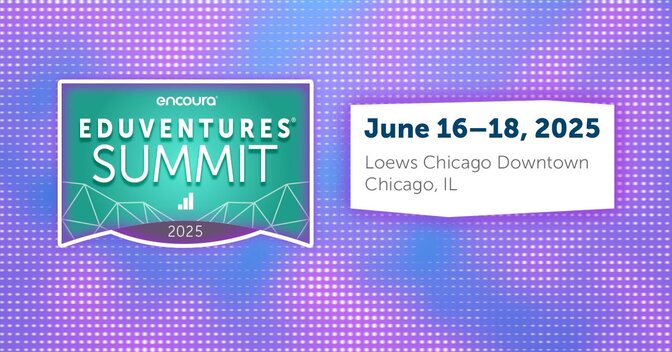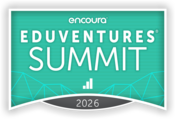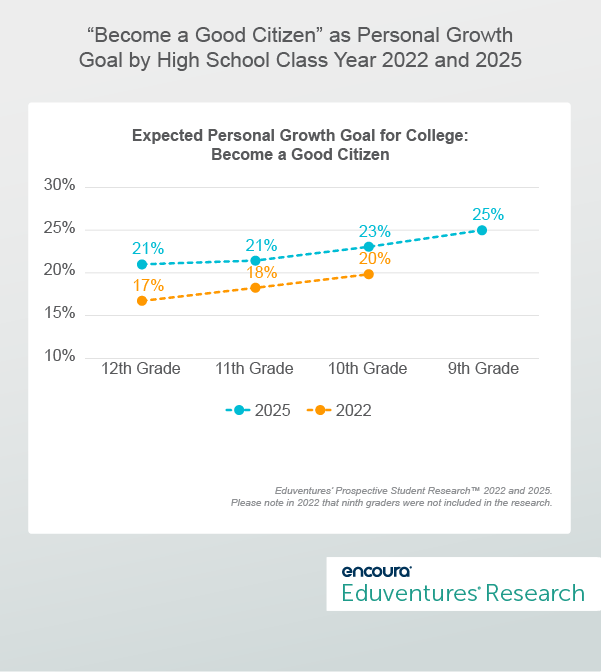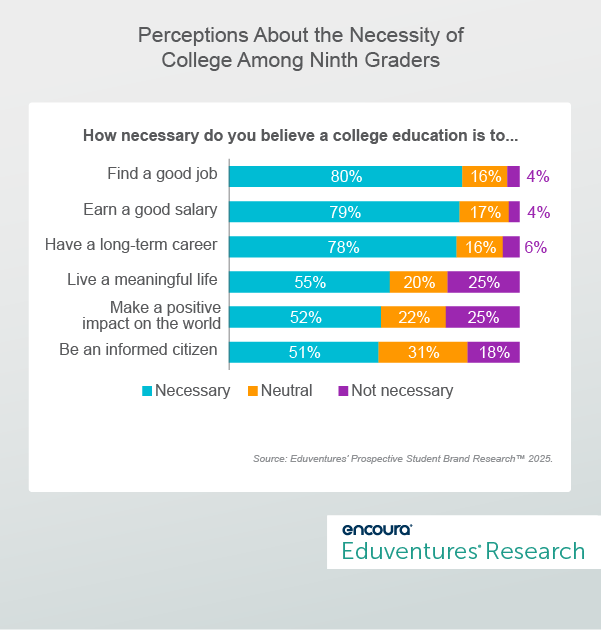These are challenging times for student activism on college campuses. From pressures to abandon DEI efforts to controversies surrounding campus protests, highlighting social impact and political activism on campus has never been less palatable to recruiters. This comes at a time when Gen Alpha, purported to care deeply about social issues, enters the college pipeline.
Are we missing an opportunity if we mute the conversation around social issues and good citizenry at this time of generational transition? Or does Gen Alpha have other priorities when it comes to higher education?
It's crucial to understand what this new generation expects from its college experiences. Now that Gen Alpha students are officially first-year high school students, Eduventures’ data can provide insight.
An Informed Citizenry?
Having had ubiquitous access to world news from an early age, Gen Alpha is predicted to be even more in tune with global and local issues, and more passionate about making an impact, than Gen Z. Presumably, this means that colleges must illustrate how they prepare their students to become advocates, change agents, and informed voters.
But this is a tall order in the current environment. The question is, does that drive for good citizenry enter into Gen Alpha’s college expectations? Figure 1 suggests that this desire is indeed growing among college-bound high schoolers.
Figure 1.
Figure 1 compares the percentage of high school students— from grades 9-12—who indicated in 2025 that becoming “a good citizen” is an expectation they have for their college educations to the percentage of students who had this expectation in 2022.
In both 2025 and 2022, younger students were more interested in this personal growth goal than older students. This could be easily explained away as solely a function of age and maturity, and both likely play a role, were it not for the fact that more students overall cite this goal in 2025 compared to 2022. We see a small but noticeable increase between 2022 and 2025, but we should not rush to conclusions just yet. Here’s why:
- The 2025 data was collected shortly after a contentious presidential election, which may have influenced the responses of these students, most of whom were too young to vote.
- While the proportion of students with this goal has increased, it remains at the bottom of a list of seven personal growth goals in which students could express their interests. For most students, including ninth graders, personal growth in college is primarily about learning to be independent.
- A related expectation for college outcomes, “learning to use my talents to benefit society,” has not experienced significant change from 2022 to 2025. While in the top five desired college outcomes in both years, this expectation falls behind more practical outcomes like “getting a job after graduation” or “building a foundation for an entire career.”
Put Your Own Oxygen Mask on First
While Gen Alpha—like Gen Z—shows some interest in social impact and civic growth during their college years, we only see a small increase as the college pipeline transitions from one generation to another. Does this mean that previous assertions by generational researchers about Gen Alpha’s high interest in advocacy and impact were wrong?
Not necessarily. Perhaps these earliest Gen Alpha members still want to change the world but do not see college as a prerequisite or primary venue to doing so.
Indeed, Figure 2 suggests that in the mind of current college-bound ninth grade students, college is the means to an end.
Figure 2.
Most college-bound ninth graders believe that college is necessary to find a good job, earn a good salary, and have a long-term career. When it comes to altruistic goals like making an impact on the world or becoming an informed citizen, the percentage of students who think a college education is necessary to achieve these drops considerably. Only about half of ninth graders think this is true.
The insights align strongly with what students in past years and across all observed class years have been telling us about their expectations for college: College should prepare students for jobs and careers, above all else. This first cohort of Gen Alpha does not diverge from this line of thinking.
While a good proportion of students do show interest in making an impact and being informed, these goals take a back seat to economic and financial security. This should not be surprising. Higher education is facing an affordability crisis, and students are acutely aware of the costs and the potential debt burden associated with their educations.
Changing the world is fine, but you must help yourself before you can help others. Young people, whether they belong to Gen Z or Gen Alpha, might feel empowered to drive social change independently and expect institutions—like colleges or political parties—to help them establish a secure foundation for this purpose. Or perhaps they don’t trust that these institutions will teach them how to be who they want to be but rather who institutions think they should be.
The Bottom Line
Overall, this early look at the first Gen Alpha cohort does not suggest that colleges should double down on social impact messaging. It does suggest the following:
- Outcomes come first. Gen Alpha, like Gen Z, wants to know that their investment in college will be worth it. Previous Eduventures research has shown that enrollment success is tied to strong outcomes (like graduation and retention rates), low student debt, and higher earnings. Colleges should focus on improving and communicating outcomes metrics to remain relevant for this new generation.
- But don’t completely ignore social impact. Social impact still matters to many students. This secondary goal should not be entirely omitted from the recruitment conversation. But how it is conveyed matters. Rather than highlighting your own institutional values, show how you help students discover, live, and work by their own values. Don’t forget to tie this into career success messaging. For example, highlight how graduates from your institution make a positive impact through their careers, and how their educations prepared them for this path.

Eduventures Summit – higher education's premier thought leadership event – is returning to the Windy City next year. Secure your spot today!



